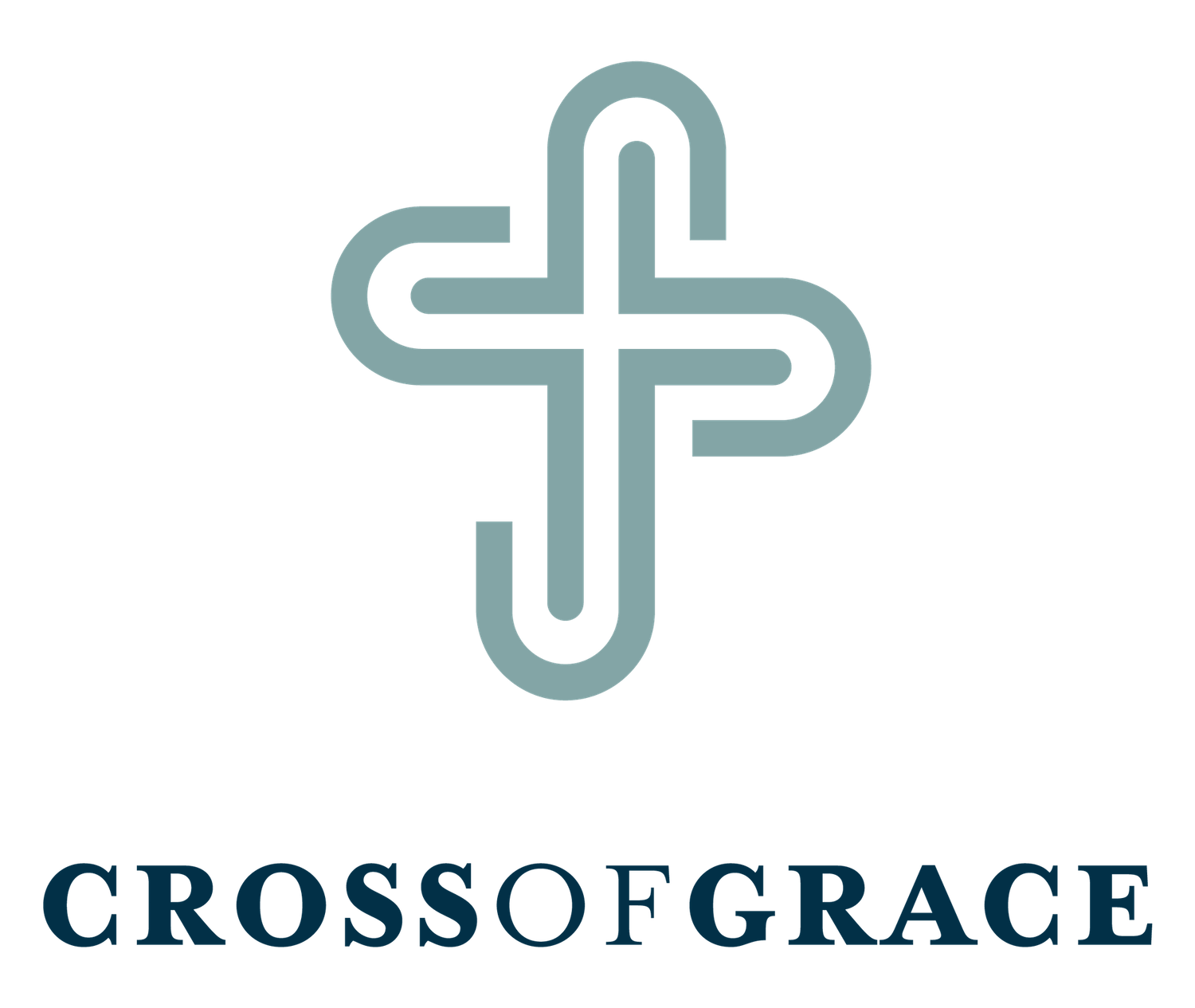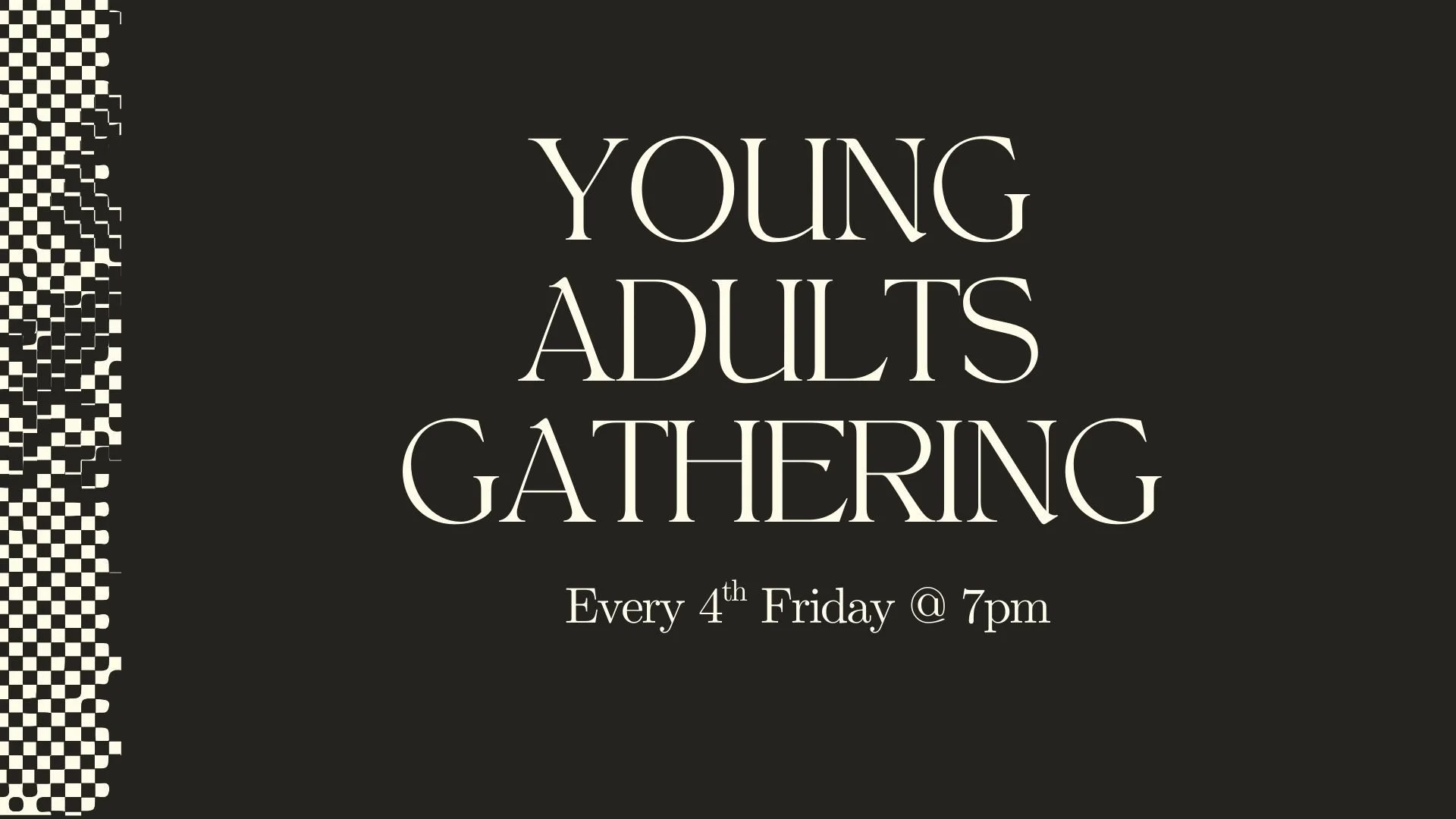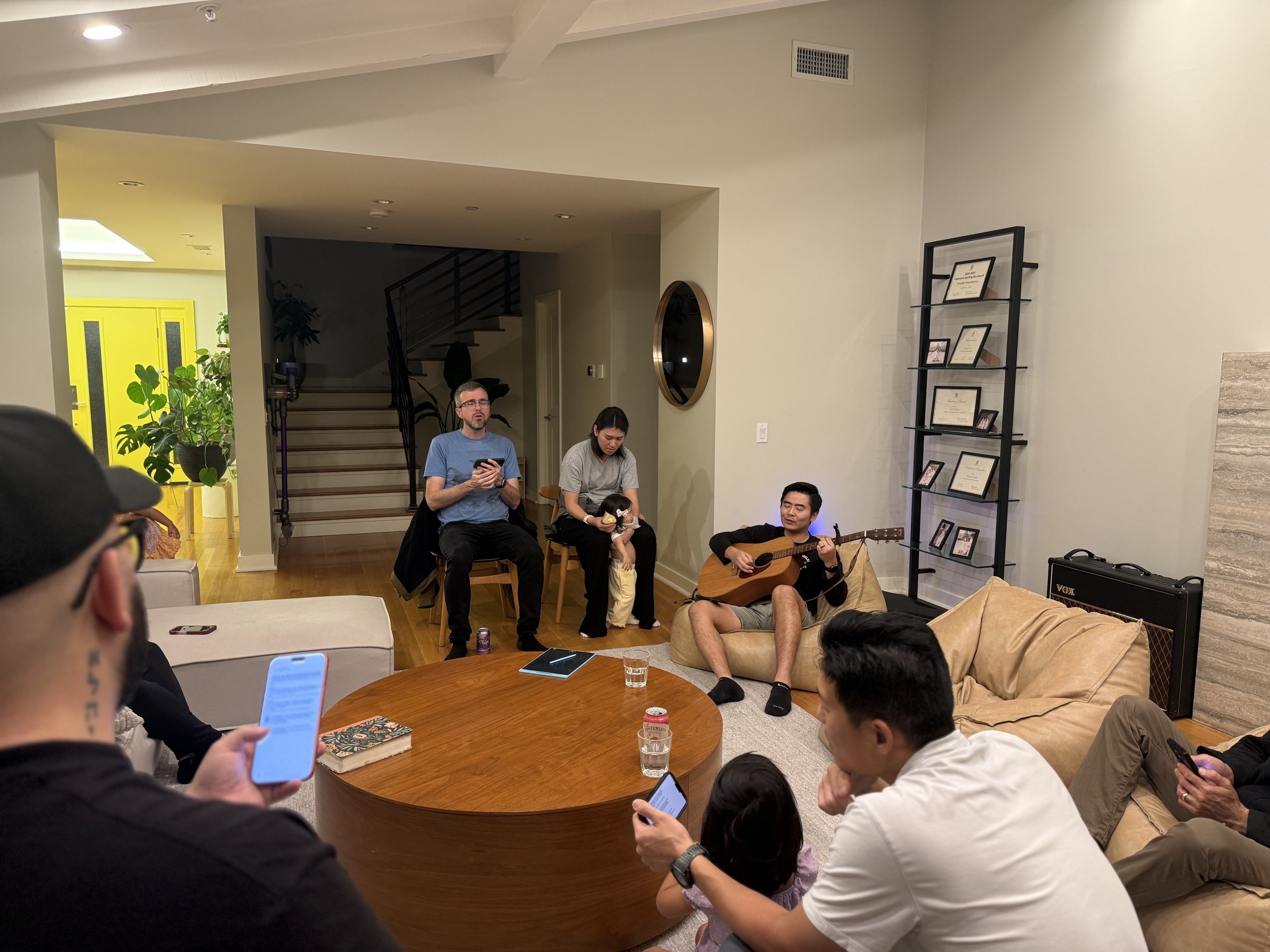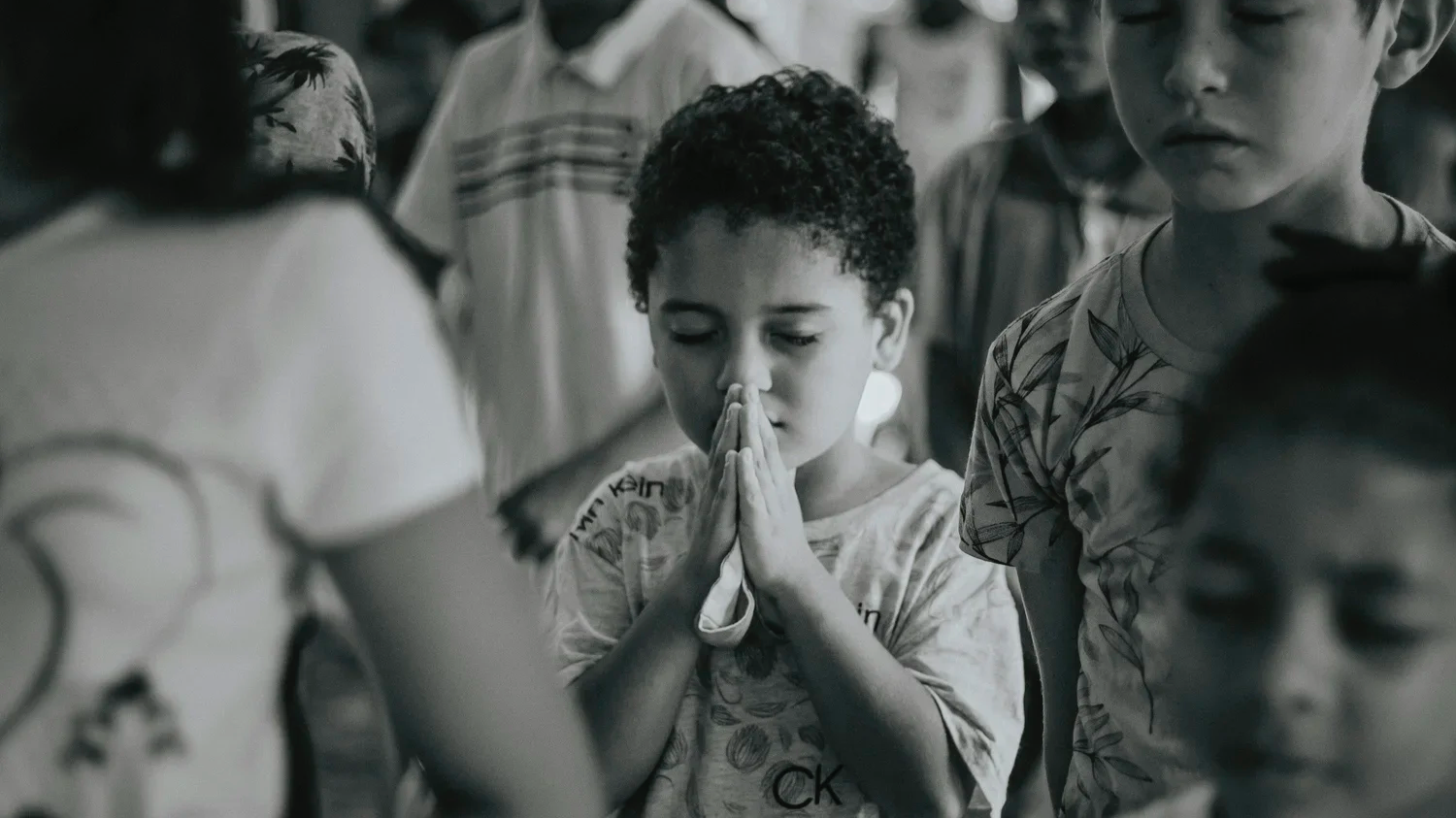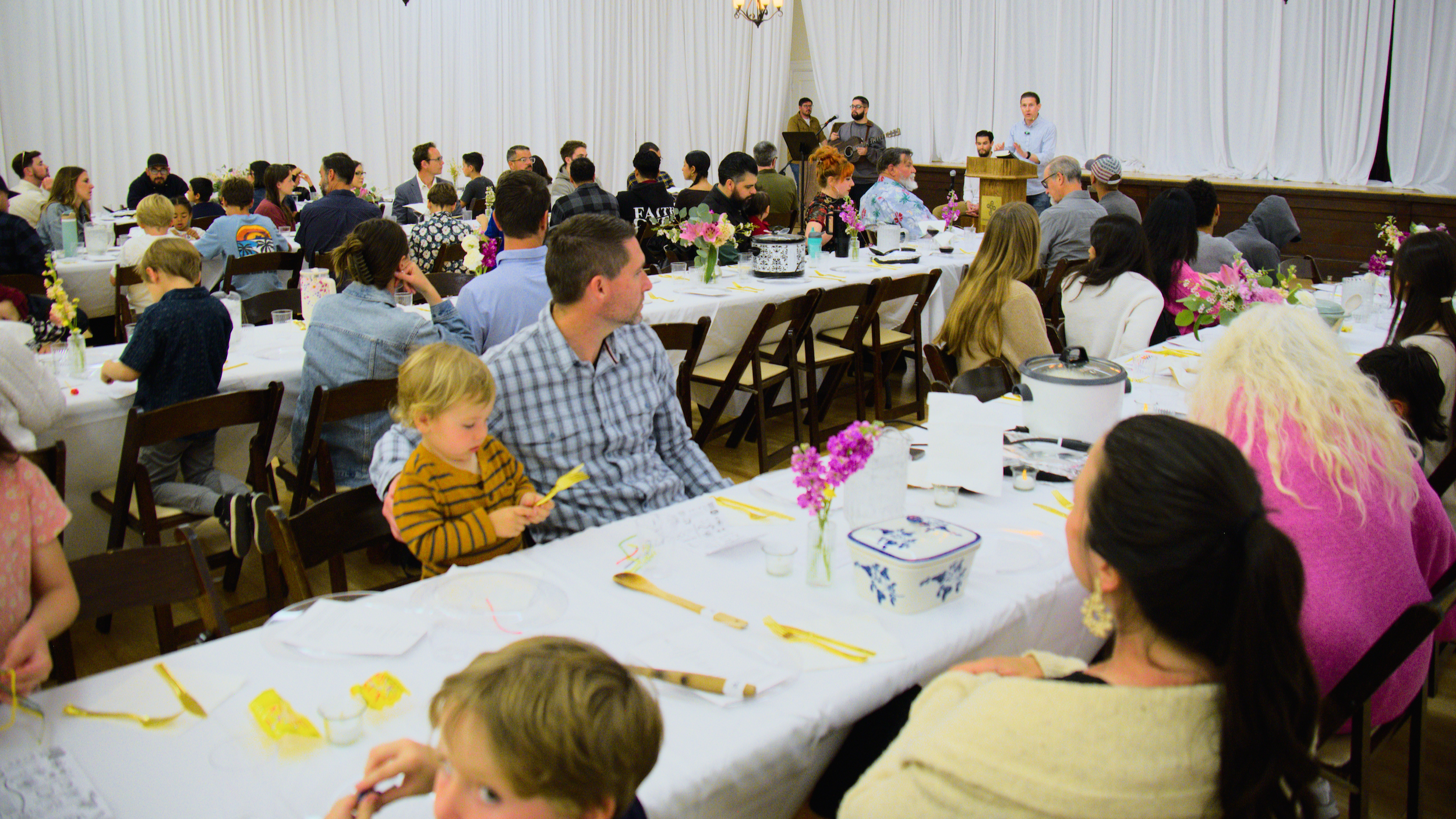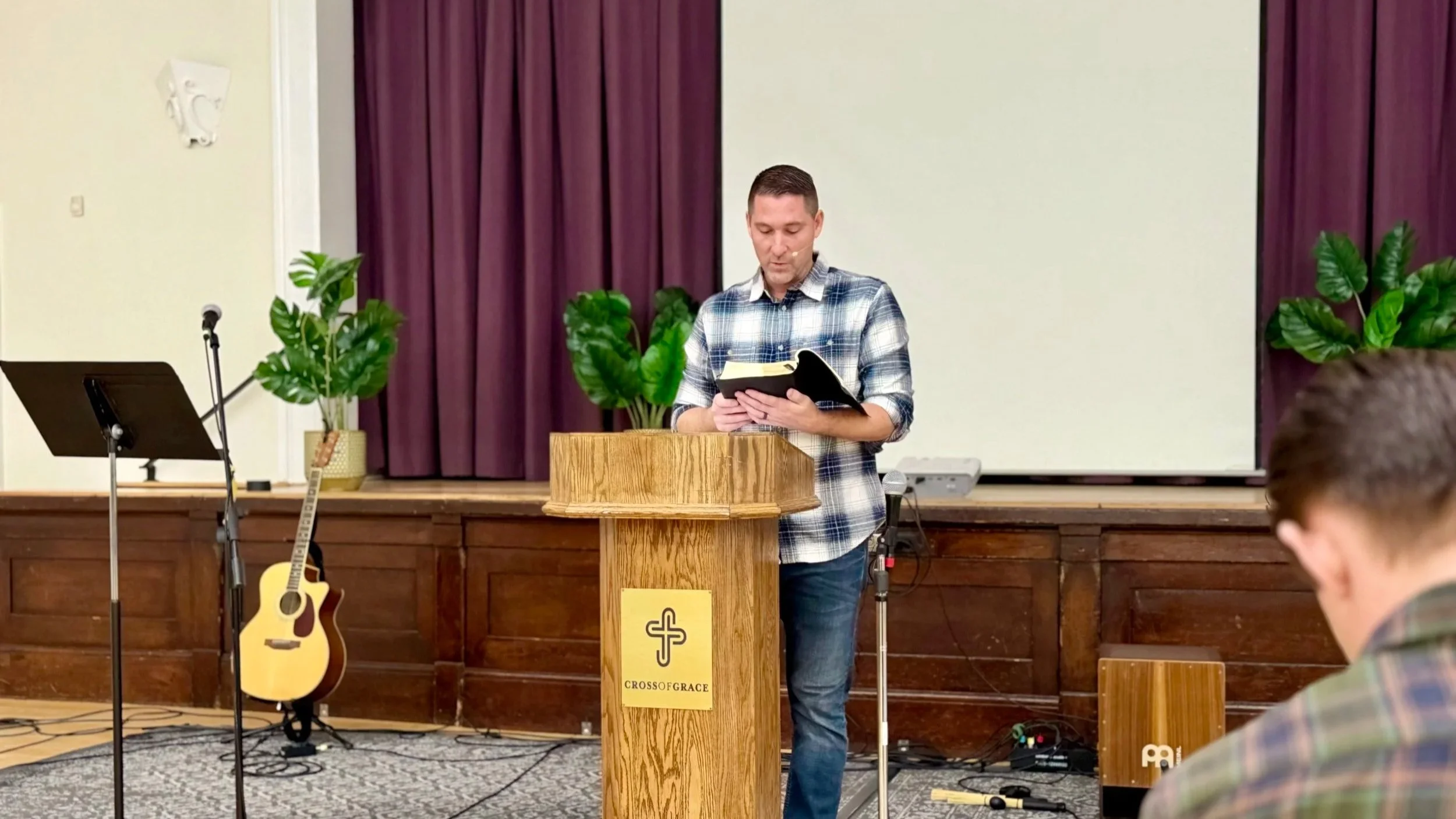In a recent email, Mark Prater, our Executive Director, wrote the following:
‘The Apostle Paul writes to the Philippians, “Do not be anxious about anything, but in everything by prayer and supplication with thanksgiving let your requests be made known to God. And the peace of God, which surpasses all understanding, will guard your hearts and your minds in Christ Jesus.” (Philippians 4:6-7) It is amazing that we can bring EVERYTHING to God. There are no limitations, there is nothing that we can’t bring to God in prayer. But what is more amazing is that God Himself INVITES us to bring everything to Him. In his commentary on Philippians, Matthew Harmon writes, “When Paul urges Christians to make their requests known to God, we must see this as God Himself moving the apostle to issue this invitation. In Paul, God Himself beckons his children to come to Him swiftly, continually, insistently, and confidently.”
As His children, God Himself invites us to come to Him swiftly, continually, insistently, and confidently. It’s such an incredible opportunity for us and so here’s how you can be praying for our global endeavours over the next month...
Please continue to pray for Bert Turner (Pastor at Covenant of Grace Church, Akron, USA) & his wife Karen as they travel to Brazil, 15th January – 5th February. Please pray that they’ll be a blessing to all of the Pastors and Churches they’re visiting during their time – Igreja Cidade Cinco, Igreja Casa Vide, Igraja Horizonte, and Igreja Graca Soberana, and that God would sustain them for the remainder of this trip.
Please pray for our three SGC representatives, from two different countries, that are presently in Pakistan serving our partners in that country over the next two weeks. It will be a very full few weeks of ministry, which includes speaking at a one day youth seminar, a one day marriage seminar during their visit, two or more prayer services (think short church services) in the villages and brick factories most evenings. They will then split up on Sunday and be preaching at 4 - 6 churches that day. They also have planned a half day to gather with all the pastors (21 of them) for a time of encouragement and instruction specifically for them and will then be proctoring the Bible Knowledge exam for the six pastors who are working towards ordination followed by a discussion on how to move forward with the ordination standards. It will be a busy time, so please be praying for them!
Please pray for the Sovereign Grace Leadership Team as we lead a retreat, 2nd – 6th February, that will include our US Regional Leaders, asking God to envision, strengthen and equip our leaders as they serve our churches in the US.
Please pray for Todd Peterson (Pastor at Cross of Grace Church, EL Paso, US) and Eric Rangel (Pastor at Legacy Church, Yuma, US) as they head to India, 16th-27th February, to strengthen our work there in both the north and south of the country. Please pray that all their meetings would be filled with grace and wisdom, and that Todd’s meeting with the EMI Engineering Team, as they continue to explore the possibility of starting a school in Andhra Pradesh, would go really well.
Please pray for Ron Boomsma (Pastor at Emmaus Road Church, Bozeman, US), Chris Oswald (Pastor at Providence Community Church, Lenexa, USA) and Josh Montague (Pastoral Resident at Cross of Grace Church in Chaska, US), as they head to the Philippines this month to teach on “Understanding & Communicating OT Prophecy (Isaiah)”. Please pray for all the students involved in this, that it’ll be a strengthening and encouraging time for them as they continue to learn how to handle God’s Word.
Please pray for our US Pastor’s College students as they prepare to travel to various Sovereign Grace churches around the country to preach. Please pray for them as they prepare, that the congregations they serve would be edified, and that as they return back to the PC that God would give them and their families good health and endurance as they prepare for the home stretch of the semester, before heading home to serve the Lord in their various contexts.
Please pray that God would give the members and pastors of Sovereign Grace Churches a renewed desire, and opportunities, to share the gospel with unbelievers in our communities and workplaces. You don’t have to go overseas to be involved in missions, you simply have to walk across the room... May this be our story as we together brandish the Gospel and tell it to all that will hear it.
… Thank you so much for praying for us. May His grace abound to us all!
